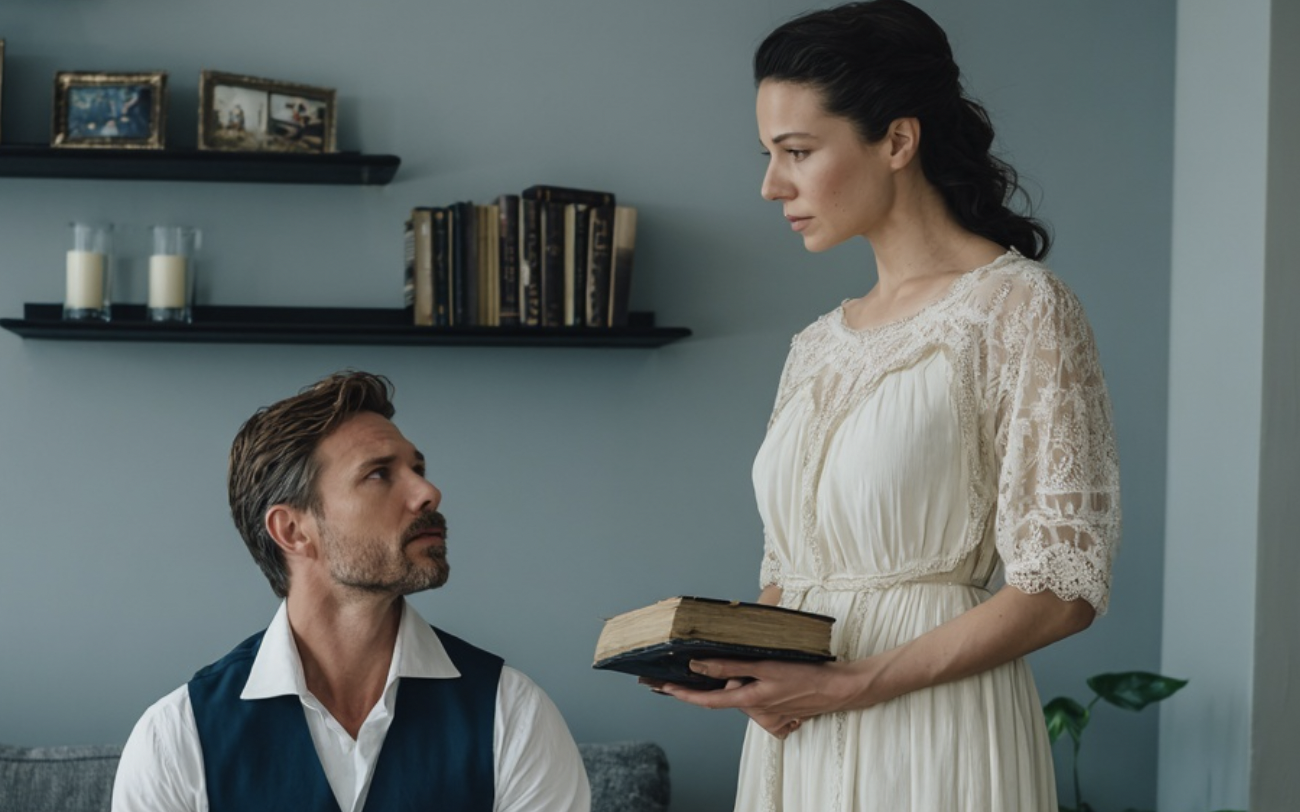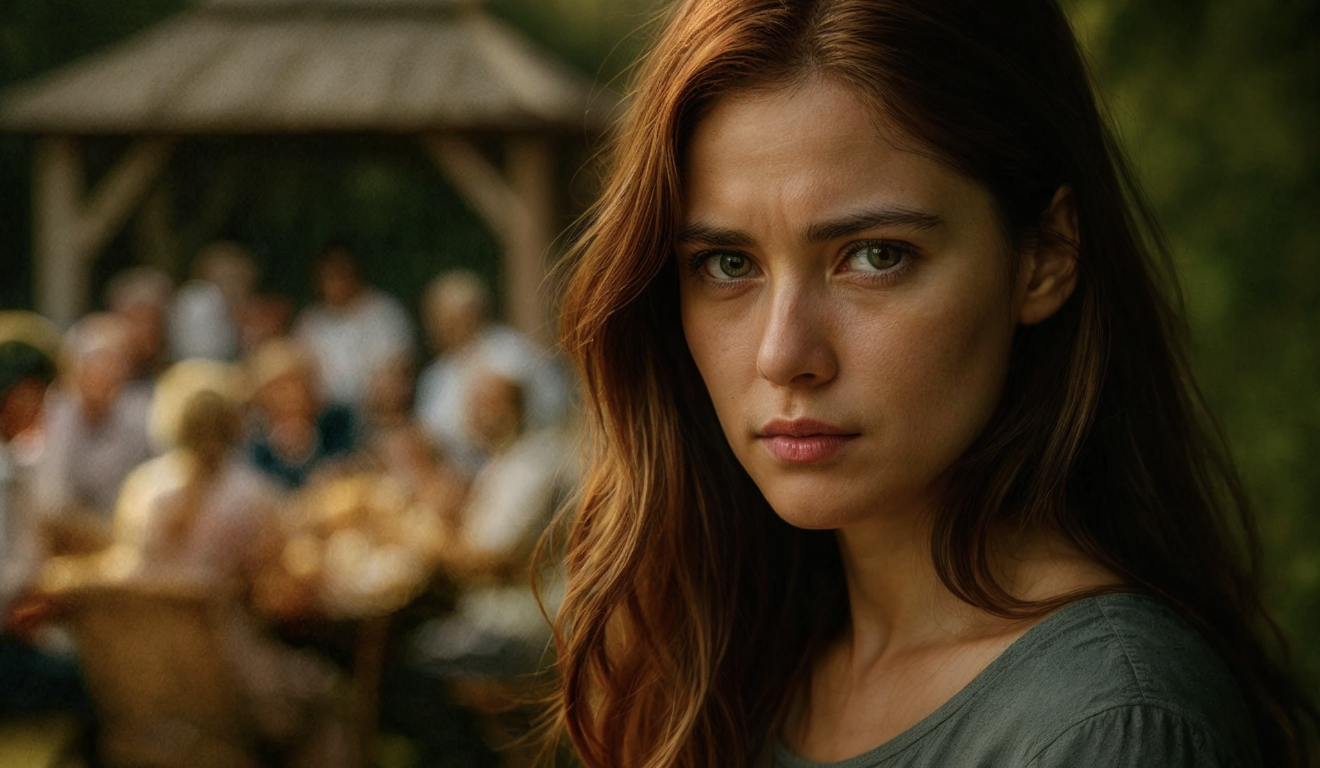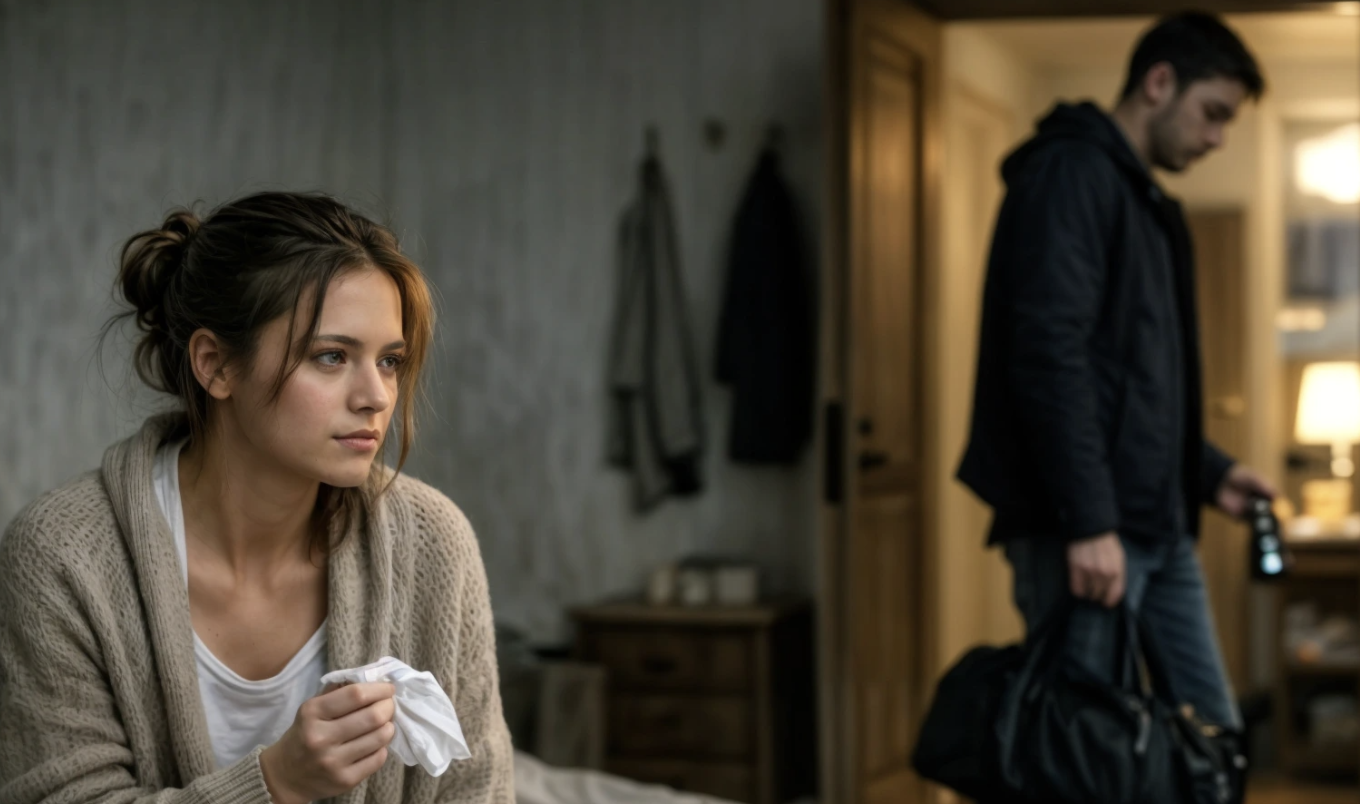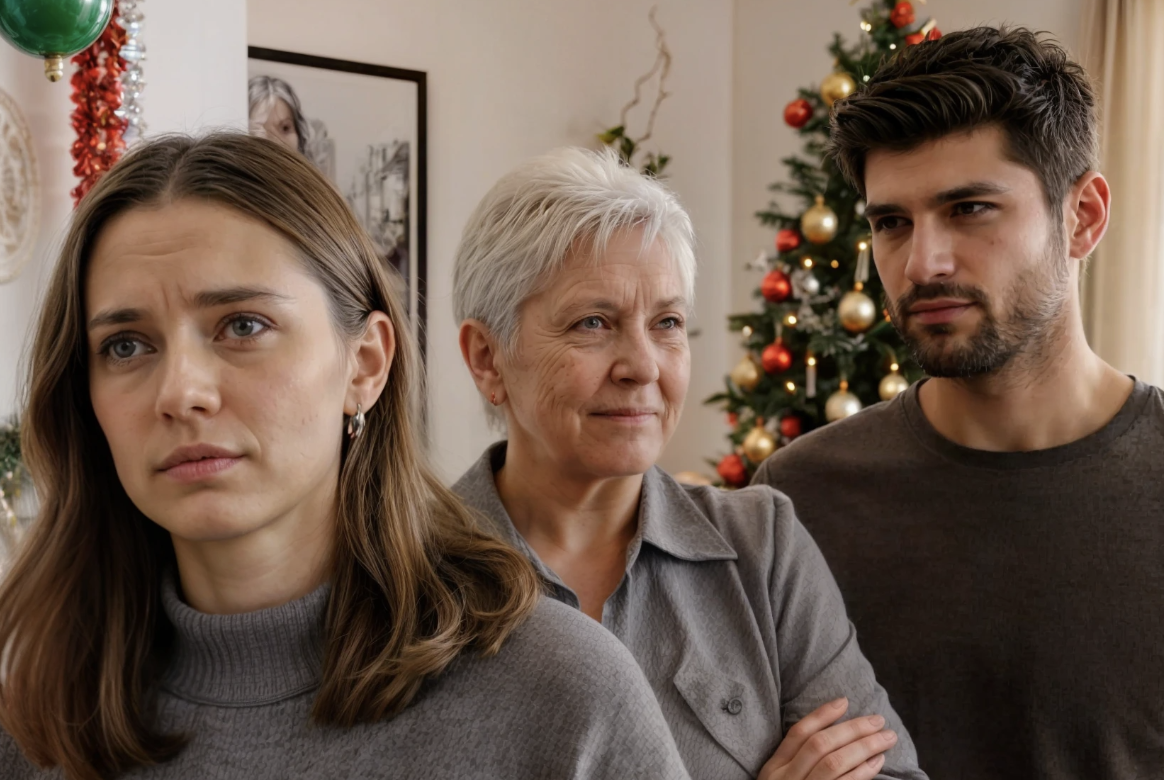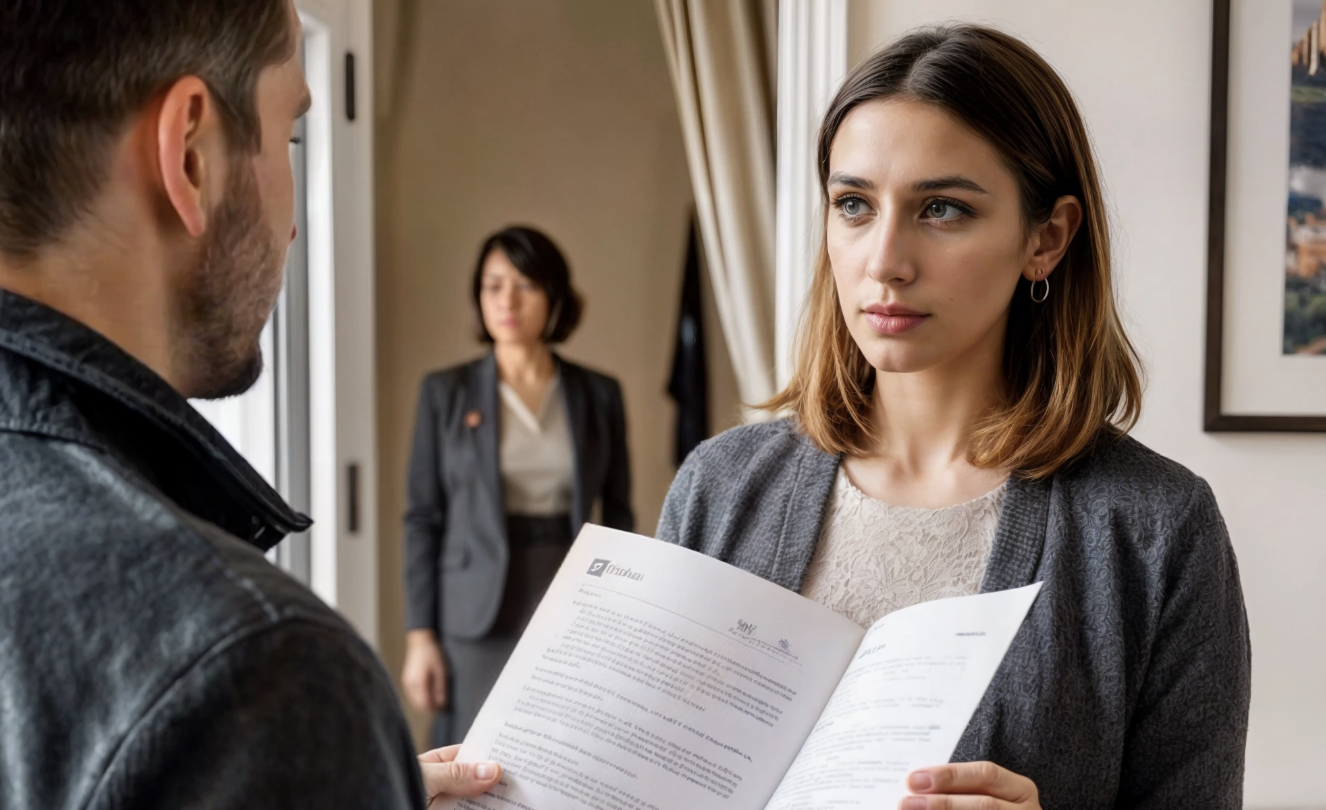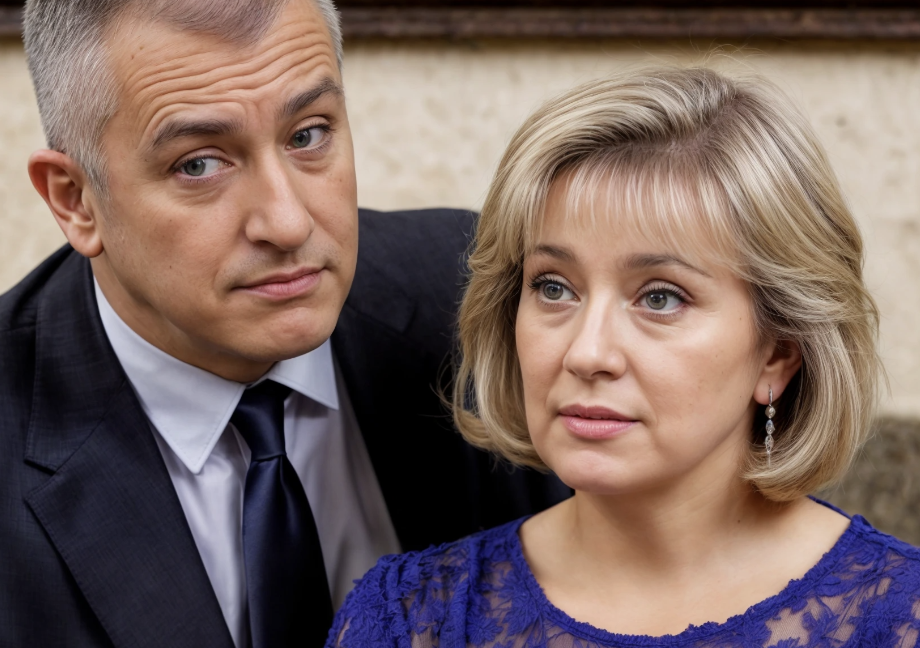My mother chose me a beautiful, silent wife. But the moment the door clicked shut on our wedding night, she spoke.
My mother was the chief engineer of my existence, the quiet drafter of every blueprint I ever followed. When my father vanished from our lives—leaving behind a six-year-old boy and a woman suddenly carrying the weight of a collapsing world—she became everything celestial to me: sun for warmth, moon for tide, constellations to steer … Read more
